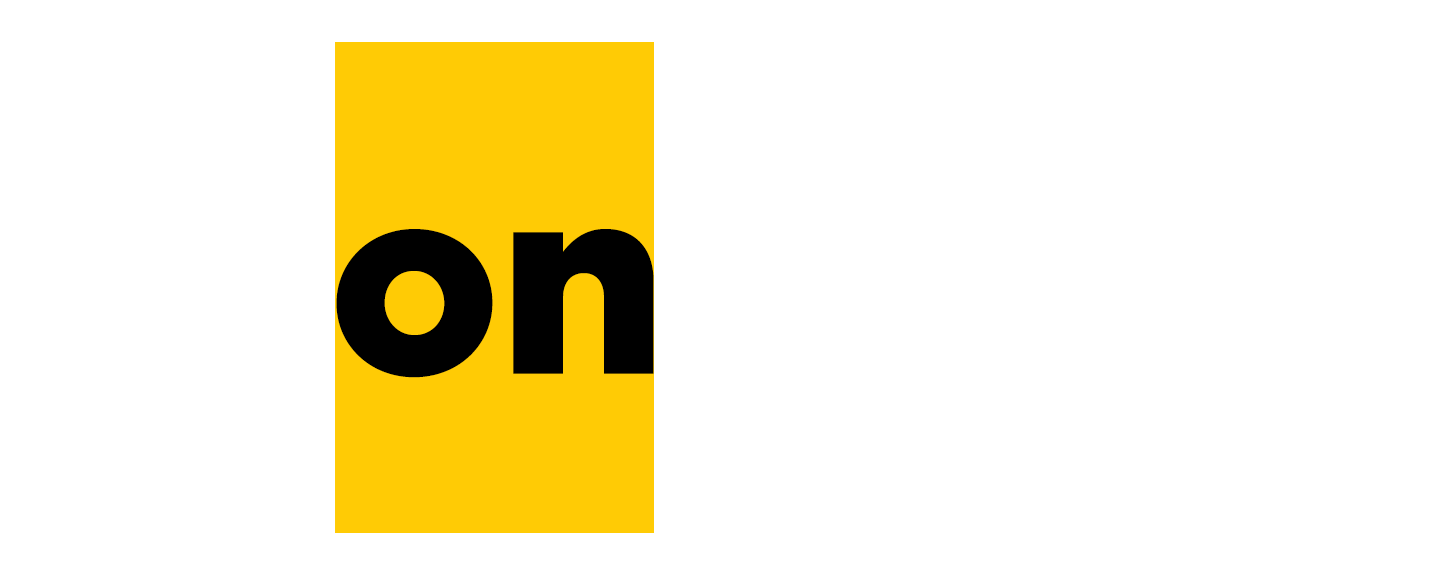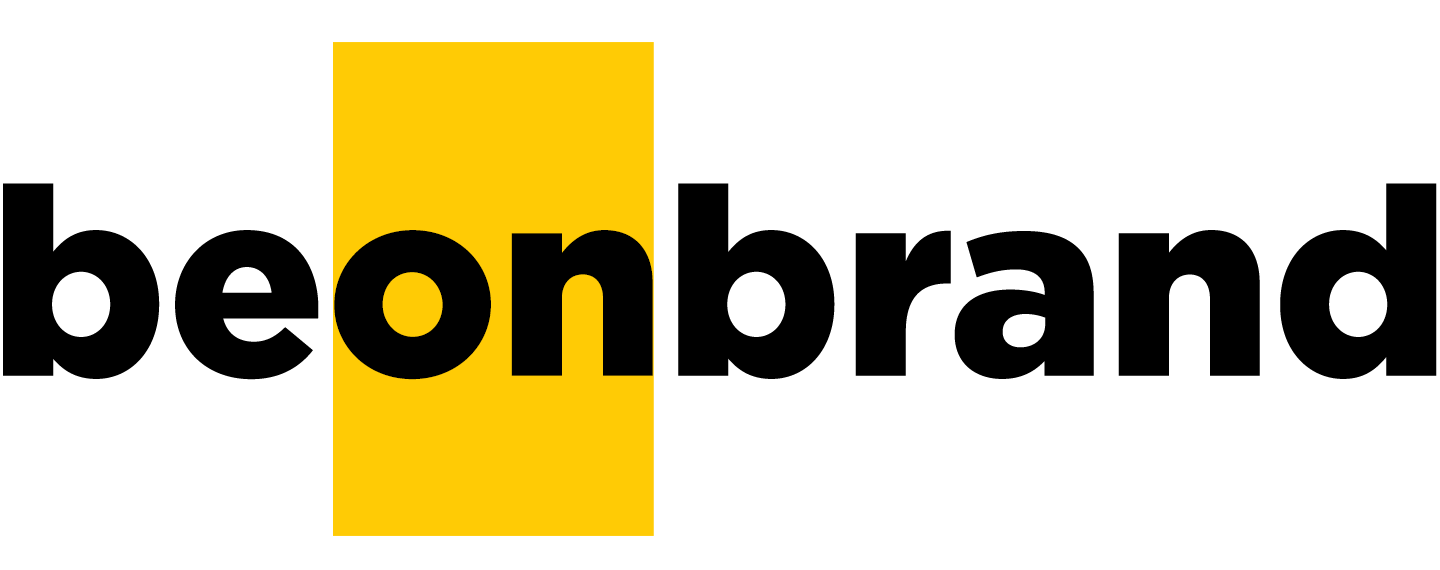
The digital era has transformed how educational content reaches its audience. Today, educational blogs are pivotal in disseminating information, engaging with stakeholders, and building a community around educational institutions and services. For marketing and communication departments in the education sector, understanding and implementing effective Search Engine Optimization (SEO) strategies is essential. This blog post delves into the best practices for optimizing educational blogs, ensuring they reach and resonate with the intended audience.

Understanding SEO in Education
SEO and Its Importance: At its core, SEO involves optimizing your website and its content to rank higher in search engine results, making it more visible to potential readers. In the education sector, this means your blogs can reach more students, educators, and decision-makers.
Keyword Research: Start by identifying keywords that your target audience uses when searching for educational content. Tools like Google Keyword Planner can help you find relevant keywords.

Crafting SEO-Friendly Content
Quality Over Quantity: Ensure your content is informative, engaging, and relevant. Quality content is favored by search engines and readers alike.
Keyword Integration: Use your keywords naturally throughout the blog. This includes the title, headings, and the body of the text. Remember, keyword stuffing is a no-go.
Readable Structure: Use headings, subheadings, and short paragraphs to make the content reader-friendly. This structure also helps search engines understand your content better.

On-Page SEO Elements
Meta Descriptions: Write compelling meta descriptions with keywords. This is often the first thing people see in search results, so make it count.
Image Optimization: Use relevant, high-quality images. Since we’re avoiding text in images, focus on using images that complement and enhance your content visually.
URL Structure: Use clean, descriptive URLs with keywords. Avoid long and complicated URLs.

Off-Page SEO Strategies
Backlinks: Gain backlinks from reputable educational websites. This not only drives traffic but also boosts your site’s authority.
Social Media Engagement: Share your content on social media platforms. Engaging with your audience here can drive more traffic to your blog.

Technical SEO for Educational Blogs
Mobile Optimization: Ensure your blog is mobile-friendly. A significant number of users access content through mobile devices.
Site Speed: Improve your website’s loading speed. Slow sites can negatively impact user experience and search rankings.
Secure Website: Use HTTPS to secure your website. This is a ranking factor for Google.

Local SEO for Educational Institutions
Local Keywords: If your blog targets a specific geographical area, use local keywords.
Google My Business: For institutions, having a Google My Business listing can improve local visibility.

Analytics and Continuous Improvement
Track Performance: Use tools like Google Analytics to track your blog’s performance. Look at metrics like page views, bounce rate, and average session duration.
Regular Updates: SEO is not a one-time task. Regularly update your content and SEO strategies based on performance metrics and SEO trends.

Conclusion
SEO is a dynamic and essential component of digital marketing for educational blogs. By implementing these best practices, educational institutions and related organizations can significantly enhance their online presence and engagement with their target audience. Remember, SEO is about connecting with your audience through valuable content and a seamless online experience.

Share this article
Interested in learning more ?


